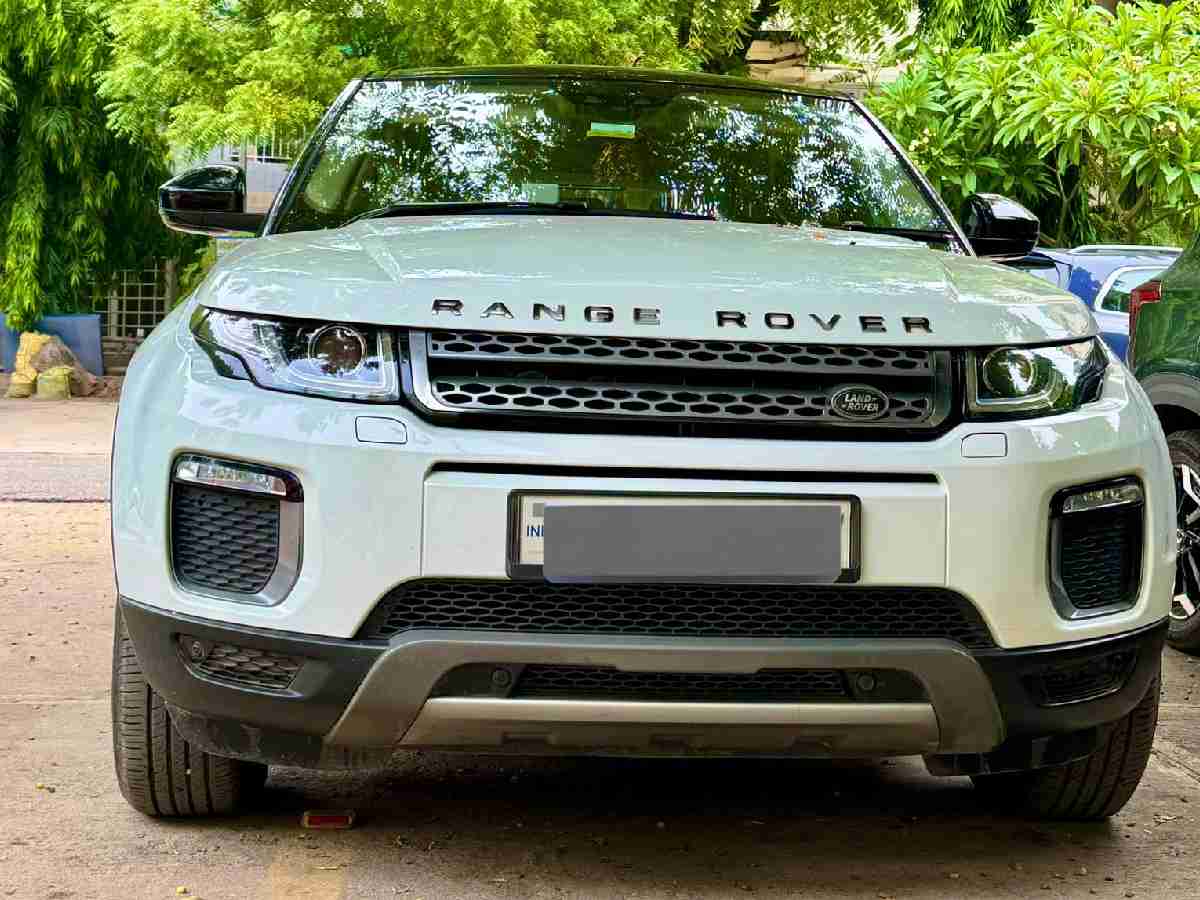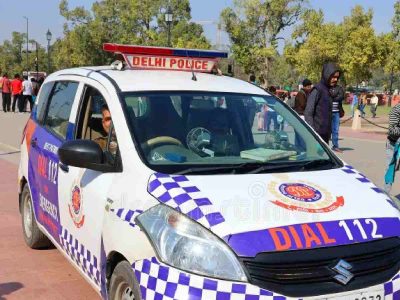New Delhi: A resident of Delhi has raised concerns over the National Capital Region’s (NCR) stringent vehicle age policy after he was compelled to sell his high-end diesel SUV, which he claims still had significant usable life left. Ritesh Gandotra, the owner of an 8-year-old Range Rover, voiced his frustration on social media, highlighting the financial and practical impact of the government’s “end-of-life” (EoL) vehicle policy on responsible car owners.
My car is in its 8th year — a diesel vehicle, meticulously maintained, just 74,000 km on the odo. It spent two years parked during Covid and easily has over 2 lakh km of life left.
But thanks to the 10-year diesel ban in NCR, I’m now forced to sell it — and that too to buyers… pic.twitter.com/uMO2LnG03q— Ritesh G (@Ritesh_Gandotra) July 1, 2025
Gandotra explained that his diesel-powered SUV, purchased in 2018 for Rs 55 lakh, had clocked only 74,000 kilometres and was maintained in excellent condition. The vehicle had remained largely unused for two years during the COVID-19 lockdowns. Despite being roadworthy and fit for use, the recent enforcement of Delhi’s 10-year cap on diesel vehicles has left him with no option but to sell the car — and only to buyers outside the NCR, who are offering substantially lower prices.
Taking to X (formerly Twitter), he wrote that although the vehicle could easily run for another two lakh kilometres, the policy rendered it unusable within the city. “It’s not just about the car,” he stated, “but about penalising responsible ownership. A blanket diesel ban isn’t a green solution—it’s a one-size-fits-all punishment.”
Also read: Struggles behind the dream: Indian students abroad face reality checks
Adding to his frustration, Gandotra noted that replacing his SUV with a new one in the same segment now comes with hefty additional costs, including a combined 45% GST and cess. This, he argued, makes upgrading prohibitively expensive for many.
Public Backlash Over Blanket Vehicle Age Ban
Gandotra’s post struck a chord with many users online. Several people criticised the rigidity of the policy, calling it “unfair” to vehicle owners who have invested in maintaining their cars well. They urged authorities to consider alternative models of regulation, such as periodic emission and fitness checks, instead of outright bans based on vehicle age.
I will like @narendramodi ji to personally look into public plight.. This rule of banning old cars in Delhi really needs some changes.. No one seems happy there n even outside.. Personally I too feel it is bad unless govt does something like giving good money for old car or less…
— Crime Master Gogo (PARODY) 🇮🇳 (@vipul2777) July 1, 2025
One user appealed directly to Prime Minister Narendra Modi on social media, suggesting the rule should be reconsidered. “This policy is hurting the middle class. If the government truly wants to phase out old vehicles, it should offer buyback incentives or reduce taxes for those trading in old cars,” the user wrote.
Instead of enforcing a blanket age limit, a fitness or emission test-based model (like in Europe) could better balance the environment and fairness…
— Choice! (@ChoiceQuotient) July 1, 2025
Others cited global practices, pointing out that many countries in Europe allow older vehicles to remain on the roads as long as they pass emissions and safety standards. They argued such approaches balance environmental needs with fairness for vehicle owners.
EoL Policy and Enforcement Mechanism
The backlash follows the recent implementation of stricter measures by the Commission for Air Quality Management (CAQM), aimed at curbing pollution in the region. Effective from July 1, petrol vehicles older than 15 years and diesel vehicles older than 10 years will no longer be allowed to refuel at Delhi fuel stations, regardless of their emission levels or physical condition.
Also read: Delhi University: NCWEB opens UG admissions offering over 15,000 seats
To enforce the rule, Automatic Number Plate Recognition (ANPR) systems have been installed at over 350 fuel outlets across Delhi. These AI-powered cameras are capable of instantly identifying vehicles that fall under the EoL category, thereby preventing them from refuelling.
According to data released by the CAQM, an estimated 62 lakh vehicles in Delhi are classified as end-of-life. These include 41 lakh two-wheelers and 18 lakh four-wheelers, all of which are to be phased out in accordance with the new norms.





